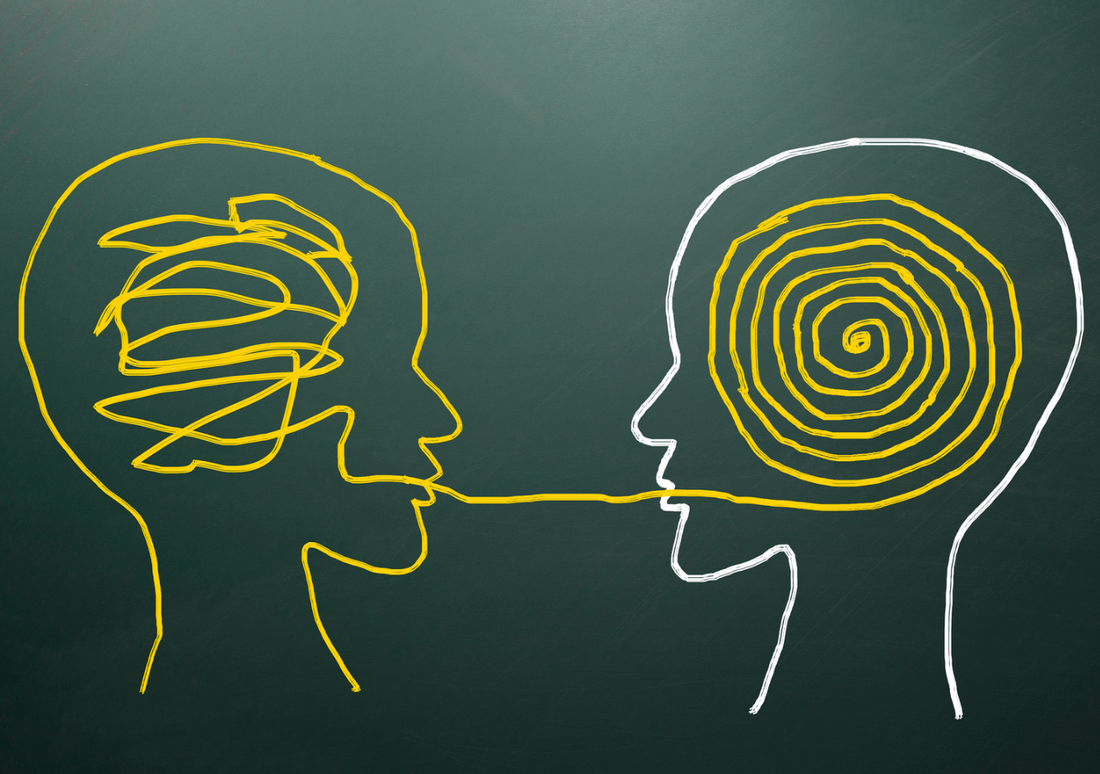
Mind Matters: Understanding the Basics of Mental Health
Introduction:
In a world where physical health often takes center stage, it's crucial to remember that mental health is just as important. Mental health plays a significant role in our overall well-being, influencing how we think, feel, and act on a daily basis. Yet, despite its importance, mental health is often overlooked or misunderstood. In this article, we'll explore the basics of mental health, covering common mental health disorders, the impact of stigma, the importance of self-care, and the benefits of mental health education in promoting overall well-being.
Understanding Mental Health:
Mental health refers to our emotional, psychological, and social well-being. It encompasses how we think, feel, and behave, as well as how we handle stress, relate to others, and make choices in life. Just like physical health, mental health exists on a continuum, with varying degrees of wellness and challenges. Maintaining good mental health is essential for living a fulfilling and meaningful life.
Common Mental Health Disorders:
Mental health disorders are conditions that affect mood, behavior, and thinking patterns, often interfering with daily functioning and quality of life. Some common mental health disorders include anxiety disorders, depression, bipolar disorder, schizophrenia, and eating disorders. While these disorders can vary in severity and presentation, they are all treatable with the right support and resources.
The Impact of Stigma:
Despite progress in mental health awareness, stigma surrounding mental illness persists in society. Stigma refers to negative attitudes, beliefs, and stereotypes that contribute to discrimination and social exclusion. Stigma can prevent individuals from seeking help, accessing treatment, and disclosing their struggles, leading to increased isolation and suffering. Challenging stigma and promoting understanding are essential steps in creating a more supportive and inclusive environment for those affected by mental health disorders.
The Importance of Self-Care:
Self-care is a fundamental aspect of maintaining good mental health. It involves prioritizing activities and practices that promote well-being, such as getting enough sleep, eating nutritious foods, exercising regularly, practicing relaxation techniques, and engaging in activities that bring joy and fulfillment. Self-care looks different for everyone, but it's essential to carve out time for self-care activities and prioritize mental health alongside physical health.
The Benefits of Mental Health Education:
Mental health education plays a crucial role in promoting overall well-being and reducing stigma. By providing accurate information about mental health, common disorders, and available resources, education empowers individuals to recognize when they or others may need help and seek support proactively. Mental health education also promotes understanding, empathy, and compassion, fostering a more supportive and inclusive society for everyone.
Conclusion:
Understanding the basics of mental health is essential for promoting overall well-being and reducing stigma surrounding mental illness. By recognizing the importance of mental health, learning about common mental health disorders, challenging stigma, prioritizing self-care, and advocating for mental health education, we can create a world where everyone has the opportunity to thrive mentally, emotionally, and socially. Let's start the conversation about mental health and prioritize our well-being, one step at a time.
